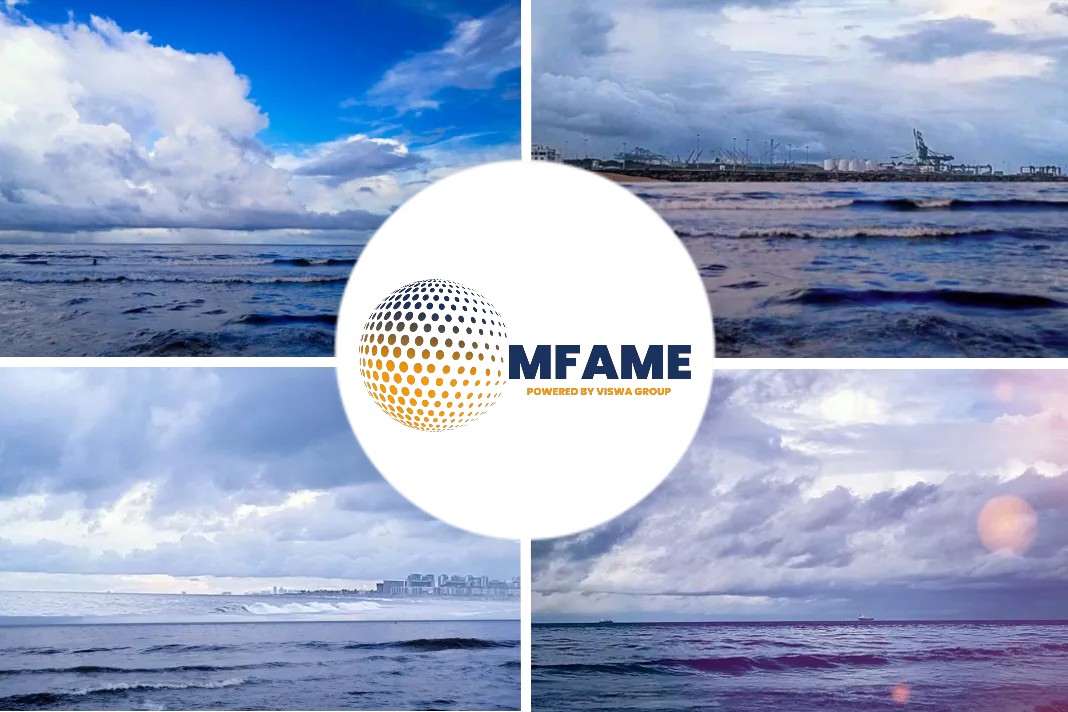-
Sales of ice-class tankers have surged in recent months
-
Russian cargoes to bypass Europe once EU sanctions kick-in
A recent news article published in the Bloomberg states that Shipowners Rush for Tankers to Move Russian Oil This Winter.
Owners of oil tankers are buying up ships
Oil tanker owners are snapping up vessels that can haul cargoes in icy seas, a development that could help Moscow overcome the threat of a shipping bottleneck this winter.
About $1 billion was spent on secondhand ice-class tankers during May-August, roughly five times the amount invested a year earlier, according to E.A. Gibson Shipbrokers Ltd. in London.
Russia’s crude and fuel exports
European Union sanctions are about to make Russia’s crude and fuel exports harder because almost all of the bloc, which is still a major buyer, will no longer be able to import seaborne cargoes. Ships are likely instead to have to sail to destinations much further from the Baltic Sea — home to some of Russia’s top terminals — thereby stretching the ice-class fleet.
“Companies which intend to facilitate Russian exports this winter will need ice-class ships,” said Richard Matthews, head of research at the shipbroker.
There were 42 second-hand ice-class tanker sales during May-August, up from 12 in the same period a year earlier, Matthews said. Their combined transportation capacity was about 4 million deadweight tons, skewed mostly to crude oil, with the buyers including Chinese and United Arab Emirates firms, Matthews said.
Tight Market
Russia’s Baltic ports are a major export hub for petroleum products, including diesel, the majority of which are still being sent to Europe, according to data from Vortexa Ltd, compiled by Bloomberg.
Once the EU’s ban on seaborne imports of refined petroleum products comes into force in early February — for crude oil it’s in December — many of these barrels are likely to be shipped much further afield, potentially tying-up ice-class tankers just when they’re needed.
“It will likely become a very, very tight market during the winter,” said Jens Christophersen, an executive vice president at Hafnia Ltd, one of the world’s biggest owners of oil product tankers. “The severity of winter will dictate the extent of the season, but in general, ice-classed tankers will be required during the first quarter.”
Bullish Tankers
If a shortage of such tankers were to develop, a new trade involving so-called ship-to-ship transfers would probably evolve, Christophersen said.
This could, for instance, see an ice-class tanker load diesel in Russia, discharge the cargo into another vessel once in a warmer location, which could then complete the journey. The ice-class ship can meanwhile sail back to colder waters where it’s most needed.
See also: EU’s Ban on Russian Fuel to Spark a Jump in Global Tanker Demand
Europe is structurally short of diesel and will no doubt need to replace Russian imports with cargoes from exporters such as Saudi Arabia and India, once the ban kicks in. These suppliers are significantly further away, adding to the strain on the oil product tanker fleet. Rates for hauling refined fuels have already soared since the start of the year, Baltic Exchange data show.
“We probably have yet to see the major impact of the sanctions,” Christophersen said. “It is a scenario that rates will increase further.”
Did you subscribe to our daily Newsletter?
It’s Free! Click here to Subscribe
Source: Bloomberg
















